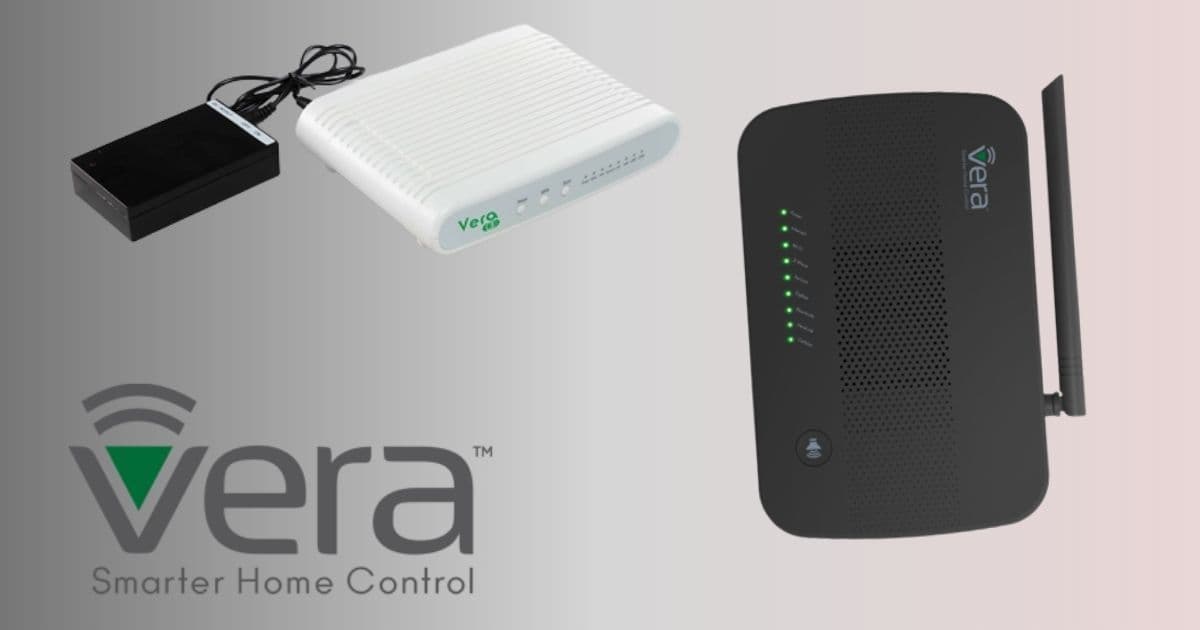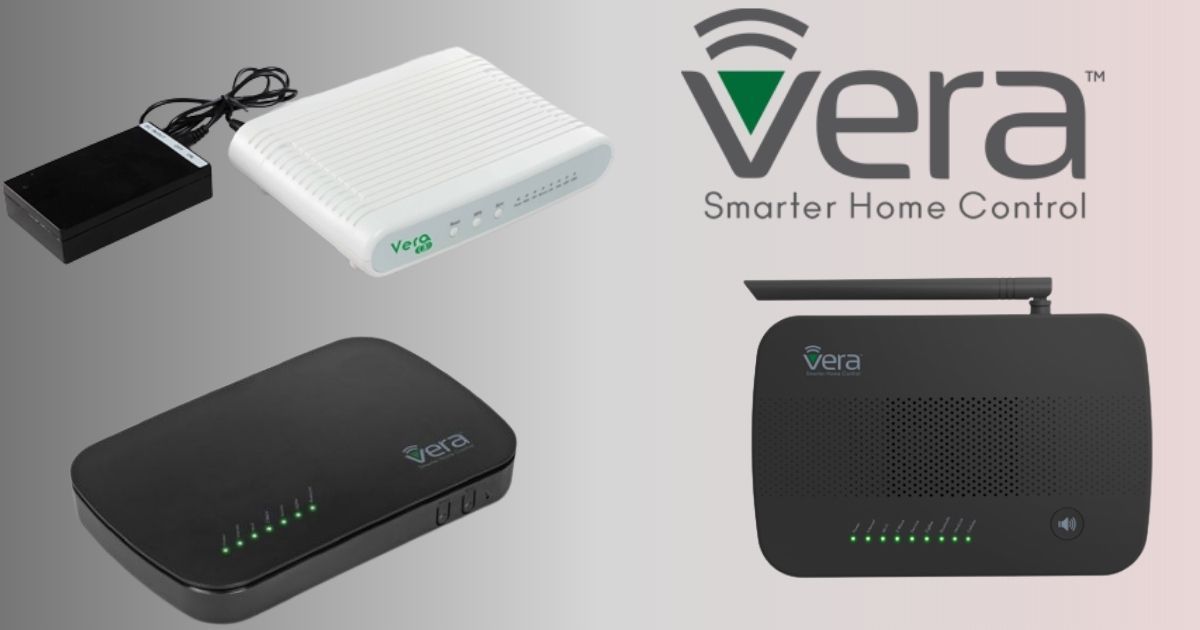
The Future of Vera Automation: Trends and Innovations
In recent years, home automation has revolutionized the way we interact with our living spaces. With the advancements in technology and the increasing demand for convenience,

automation has become an integral part of our daily lives. Vera automation, a leading player in the smart home industry, has been at the forefront of this revolution. In this blog post, we will explore the future of Vera automation, discussing the latest trends and innovations that are set to shape the way we interact with our homes.
Artificial Intelligence and Machine Learning:
Artificial Intelligence (AI) and Machine Learning (ML) are poised to play a significant role in the future of Vera automation. By leveraging AI and ML algorithms, smart home systems can learn from user behaviors and adapt to their preferences over time. Vera automation will become more intuitive, anticipating user needs and adjusting settings accordingly. For example, the system may learn when you prefer certain lights to be turned on or off, or even suggest energy-saving measures based on your usage patterns.
Voice Control and Natural Language Processing:
The advent of voice-controlled virtual assistants such as Amazon Alexa and Google Assistant has transformed the way we interact with our homes. Vera automation is no exception to this trend. With the integration of voice control and natural language processing capabilities, users will be able to control their smart home devices effortlessly through voice commands. This technology will continue to evolve, becoming more accurate and capable of understanding complex instructions, enhancing the overall user experience.
Enhanced Security and Privacy Features:
As automation becomes more prevalent in our homes, ensuring the security and privacy of our data becomes paramount. Vera automation is expected to focus on strengthening security measures, including robust encryption protocols and two-factor authentication. Additionally, advancements in facial recognition and biometric authentication will enhance access control systems, making them more secure and reliable.
Integration with IoT Ecosystems:
The Internet of Things (IoT) is rapidly expanding, connecting various devices and systems. In the future, Vera automation will continue to integrate seamlessly with the IoT ecosystem. This integration will allow users to control a wide range of devices and appliances, including smart thermostats, door locks, security cameras, and entertainment systems, all from a single centralized platform. Interconnectivity will become more fluid, enabling users to create personalized automation scenarios that suit their lifestyles and preferences.
Energy Efficiency and Sustainability:
With growing concerns about environmental sustainability, energy efficiency will play a crucial role in the future of Vera automation. Smart home systems will offer advanced energy monitoring and management features, providing users with real-time insights into their energy consumption. This data will enable homeowners to optimize their energy usage, reducing waste and ultimately lowering their carbon footprint. Integration with renewable energy sources, such as solar panels and smart grid systems, will further enhance the sustainability aspect of Vera automation.
Conclusion:
The future of Vera automation promises exciting advancements in technology and user experience. Artificial Intelligence, voice control, enhanced security, integration with the IoT ecosystem, and energy efficiency are among the key trends and innovations that will shape the industry. As automation becomes more intelligent, intuitive, and seamlessly connected, homeowners will enjoy greater convenience, comfort, and control over their living spaces. Vera automation is set to continue leading the way in this transformative era, empowering users to create smart homes that truly enhance their quality of life while promoting sustainability.
Appreciate the creator